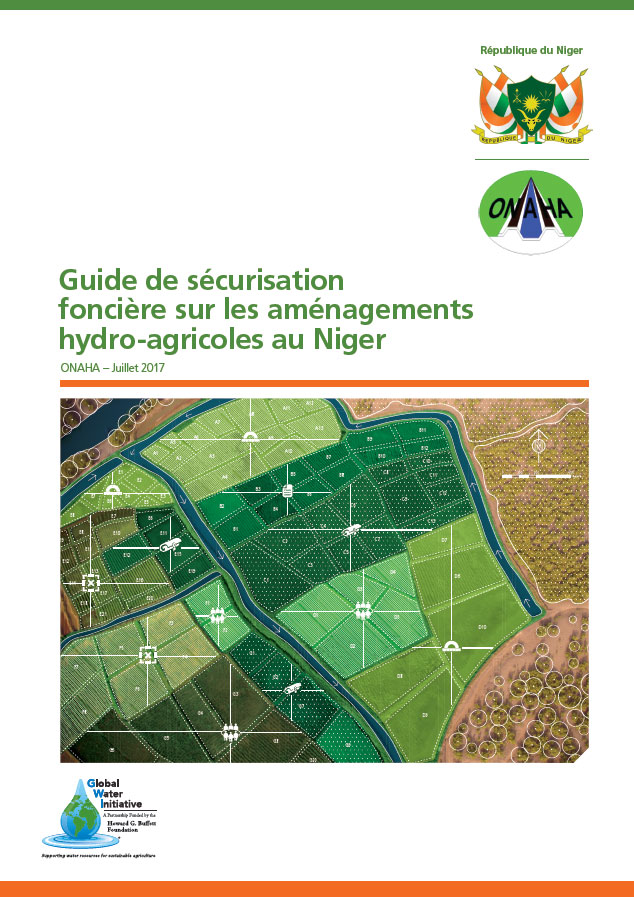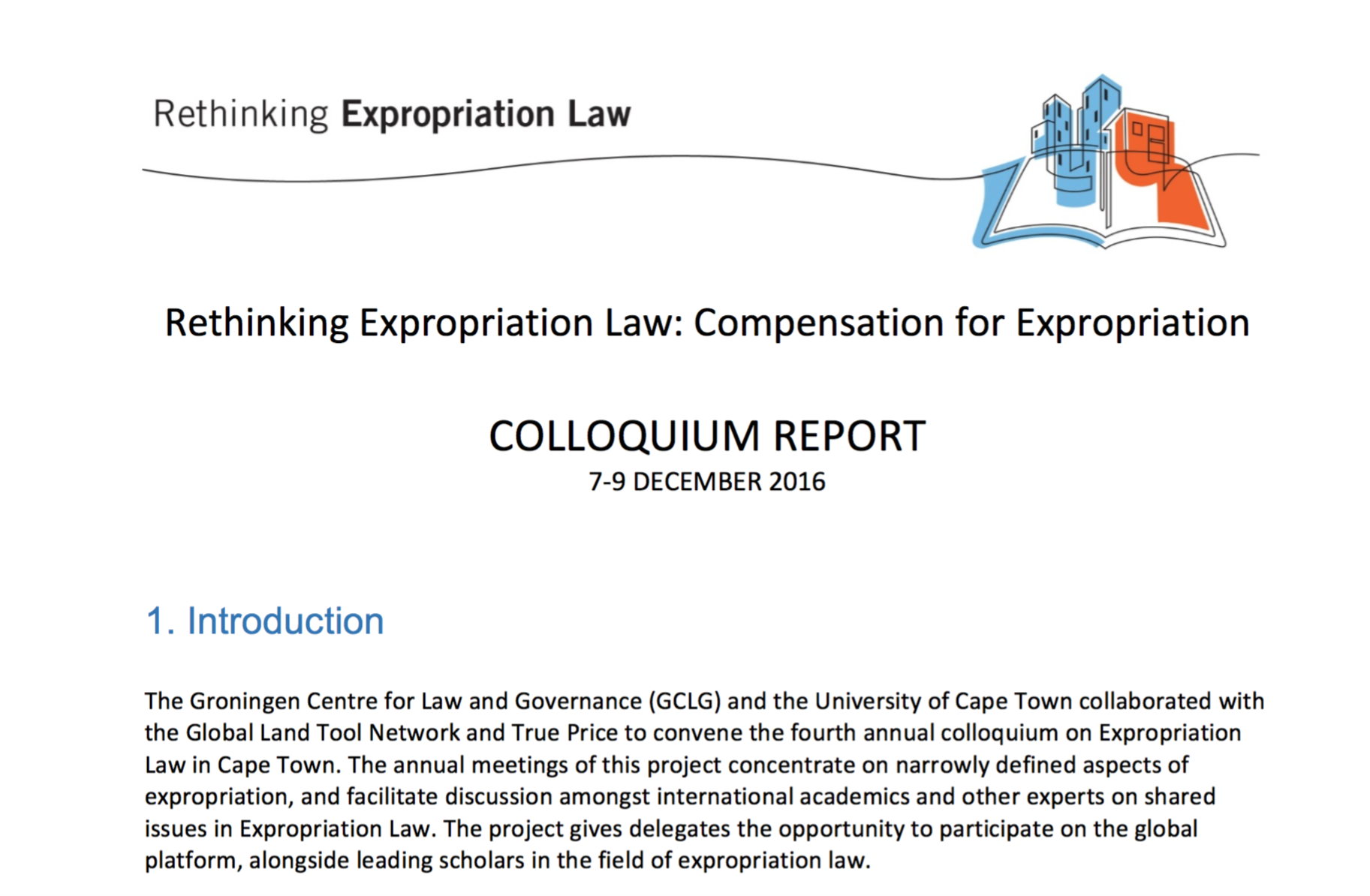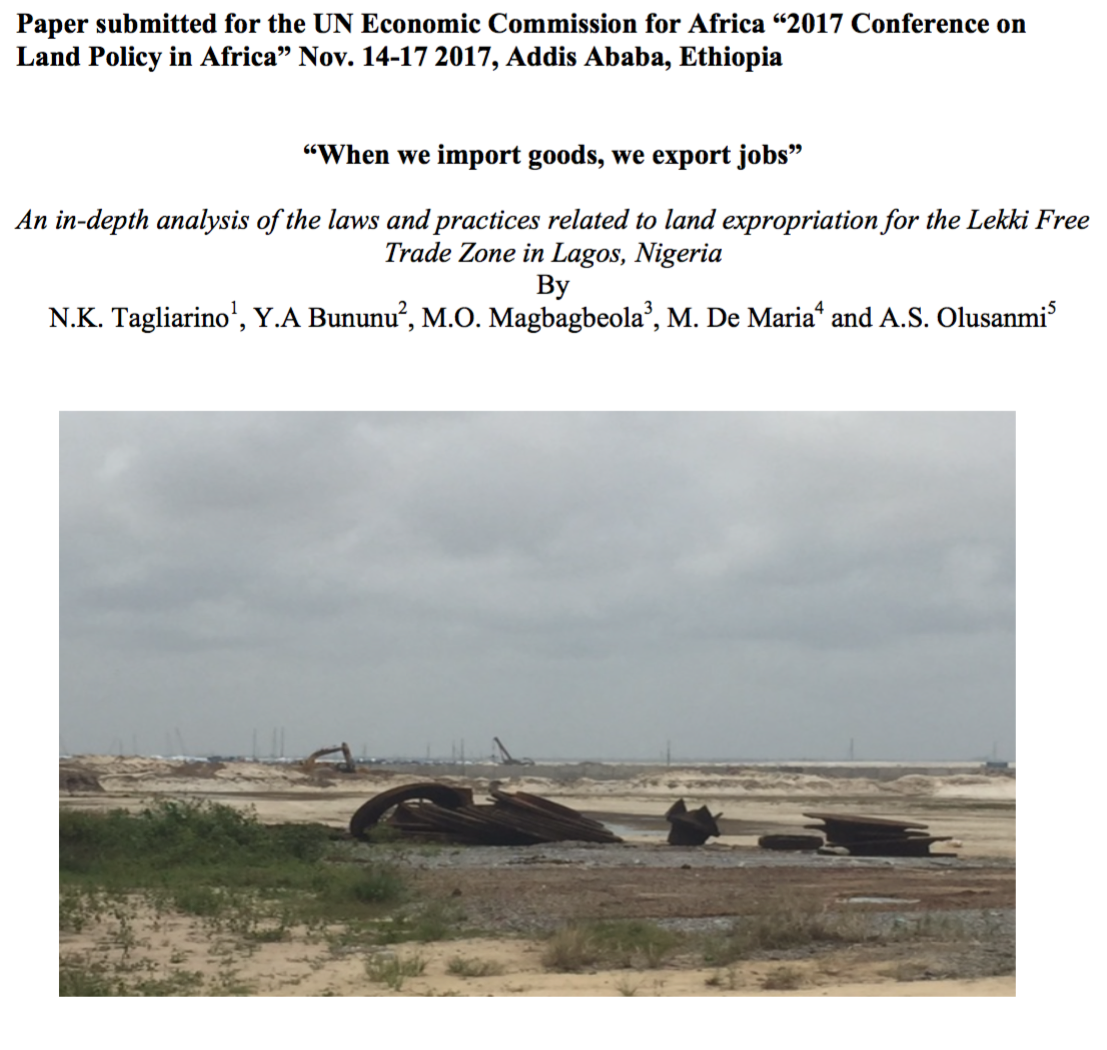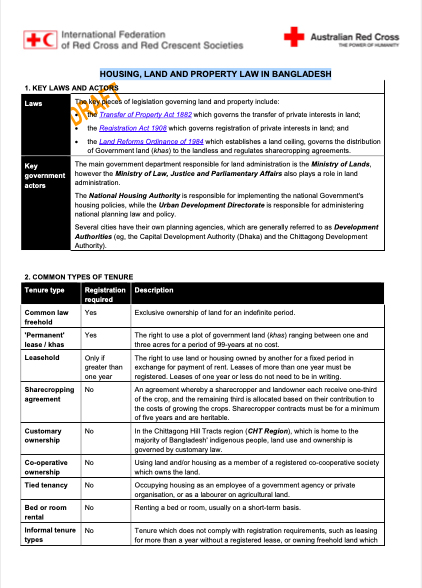Adequate compensation in compulsory acquisition of land in the Albanian Trans Adriatic Pipeline project
The aim of this paper is to research the process of compulsory acquisition of land and its fixtures in the Trans-Adriatic Pipeline project in Albania from the perspective of the affected persons. The legislation of Albania as well as international principles concerning compulsory acquisition of property was analysed.








